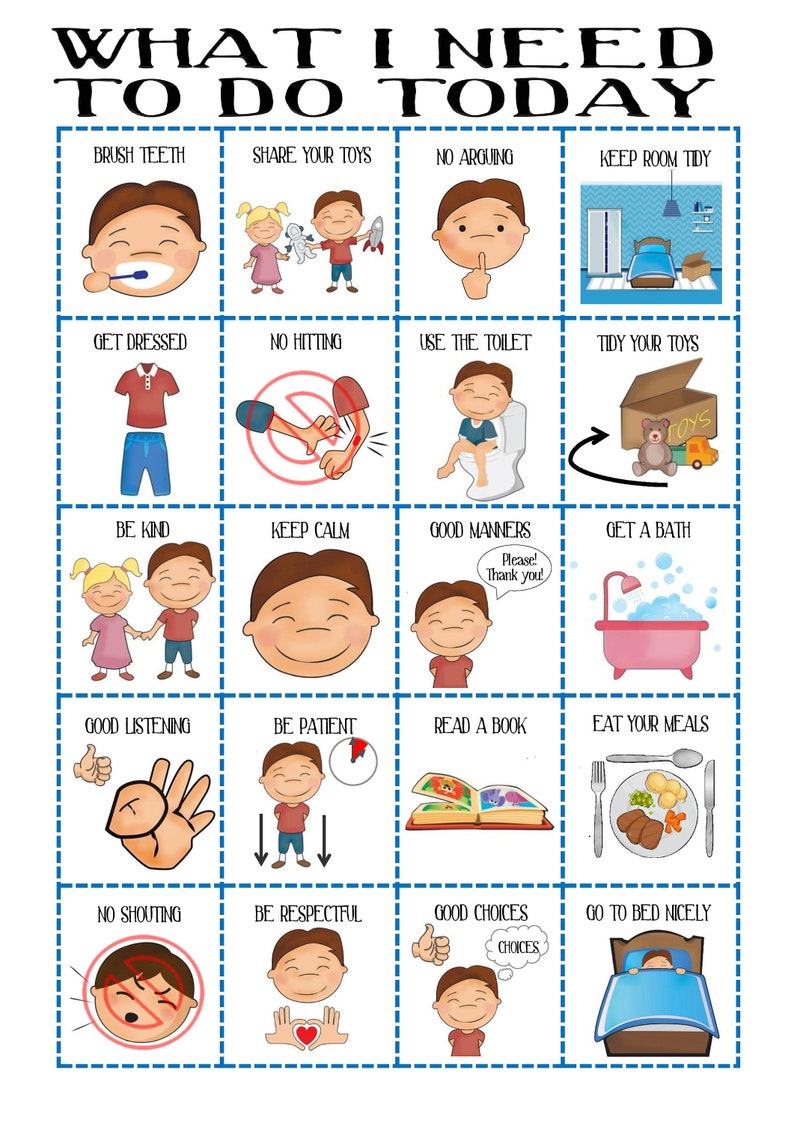

There are plenty of accomplished night owls, but many high achievers rise early in order to prepare for the day. While everyone's routines vary-from writing uncensored pages to start the day to no-social-media mornings-the key is to find a routine that works for you and that you can consistently do. Regardless of your morning schedule, here are six of the best ways to start your day and set yourself up for success.

Most routines could be turned into rituals with a change of perspective. Or it could be a ritual if you think of it as a way to break out of the mundane and enjoy nature. For example, taking a walk every day at lunch could be considered a routine if you think of it as something you need to do for your productivity. Rituals are like routines with one key difference: your attitude behind the actions. Routines are usually a collection of habits or actions you do on a regular basis to bring order to your day, such as checking your email and then writing your day's to-do list as a way of getting the day started. Habits are things that you do automatically, like checking your email first thing in the morning or putting your keys in a specific spot when you get home. Wondering what the difference is between habits, routines, and rituals? Here's a handy cheat sheet. By implementing routines in the morning and evening, you can prime yourself for maximum productivity each day. The small, repeated actions can have an exponential effect. Imagine if other, more powerful tasks that can empower you to accomplish big things came as easy as making coffee? Making coffee is just one small routine, but the daily consistency of it helps keep me going.

The habit loop from The power of habit by Charles Duhigg. The delicious flavor and high-octane caffeine reinforce the routine so that the next morning I repeat it again. This is where I actually turn on the coffee machine, wait for it to brew, pour it into my favorite mug, sit in a chair by the kitchen window, and finally drink the coffee. This habit has been ingrained in my brain over years. When I wake up, my brain immediately knows that it's time to turn on the coffee machine.

Step 1: Something happens that serves as a cue to your brain, putting it into "automatic" mode. In The power of habit: Why we do what we do in life and business, Charles Duhigg details how habits put our brains into an automatic state where little or no willpower is required. Routines put our brains on autopilotīut what makes the routines of high achievers so powerful? As it turns out, we're creatures of habit and can use that to accomplish whatever we want. Whether it's a multi-step routine or one tiny act that tells your brain it's time to get into work mode (or whatever mode is needed), high achievers tend to find routines that work for them and that they can stick to-it's typically something they credit as core to their success. Productivity expert and author James Clear (a Zapier user!) has a simple "pre-game routine" to kickstart his day: pouring a cold glass of water. Media mogul Shonda Rhimes has a strict morning routine to get her into a creative state of mind: eating breakfast, exercising, and writing from 8 a.m. A solid routine fosters a well-worn groove for one's mental energies and helps stave off the tyranny of moods." "In the right hands, can be a finely calibrated mechanism for taking advantage of a range of limited resources: time (the most limited resource of all) as well as willpower, self-discipline, optimism. Even though their routines varied wildly, each individual had steps they followed to put them in an optimal state of mind.Īfter studying the great artists, Currey came to this conclusion: In his book Daily Rituals: How Artists Work, Mason Currey writes about the habits, routines, and rituals of hundreds of artists, including Maya Angelou, Frederic Chopin, Haruki Murakami, Nikola Tesla, and Louis Armstrong. Excellence, then, is not an act, but a habit.


 0 kommentar(er)
0 kommentar(er)
